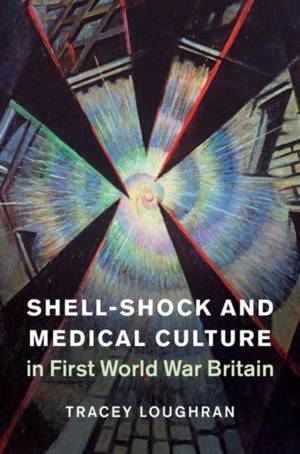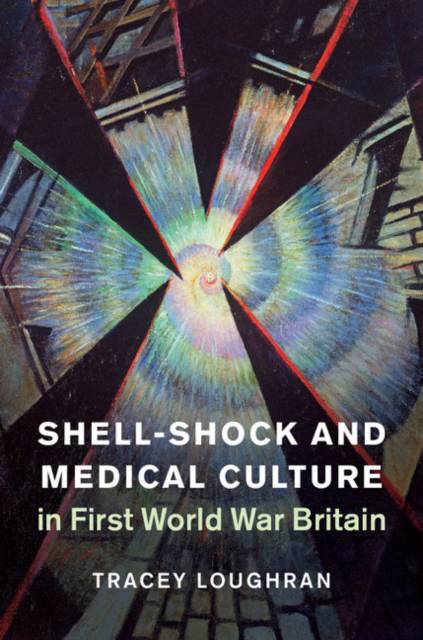
- Afhalen na 1 uur in een winkel met voorraad
- Gratis thuislevering in België vanaf € 30
- Ruim aanbod met 7 miljoen producten
- Afhalen na 1 uur in een winkel met voorraad
- Gratis thuislevering in België vanaf € 30
- Ruim aanbod met 7 miljoen producten
Zoeken
Omschrijving
Shell-Shock and Medical Culture in First World War Britain is a thought-provoking reassessment of medical responses to war-related psychological breakdown in the early twentieth century. Dr Loughran places shell-shock within the historical context of British psychological medicine to examine the intellectual resources doctors drew on as they struggled to make sense of nervous collapse. She reveals how medical approaches to shell-shock were formulated within an evolutionary framework which viewed mental breakdown as regression to a level characteristic of earlier stages of individual or racial development, but also ultimately resulted in greater understanding and acceptance of psychoanalytic approaches to human mind and behaviour. Through its demonstration of the crucial importance of concepts of mind-body relations, gender, willpower and instinct to the diagnosis of shell-shock, this book locates the disorder within a series of debates on human identity dating back to the Darwinian revolution and extending far beyond the medical sphere.
Specificaties
Betrokkenen
- Auteur(s):
- Uitgeverij:
Inhoud
- Aantal bladzijden:
- 290
- Taal:
- Engels
- Reeks:
- Reeksnummer:
- nr. 48
Eigenschappen
- Productcode (EAN):
- 9781107128903
- Verschijningsdatum:
- 27/02/2017
- Uitvoering:
- Hardcover
- Formaat:
- Genaaid
- Afmetingen:
- 159 mm x 238 mm
- Gewicht:
- 548 g

Alleen bij Standaard Boekhandel
+ 251 punten op je klantenkaart van Standaard Boekhandel
Beoordelingen
We publiceren alleen reviews die voldoen aan de voorwaarden voor reviews. Bekijk onze voorwaarden voor reviews.











